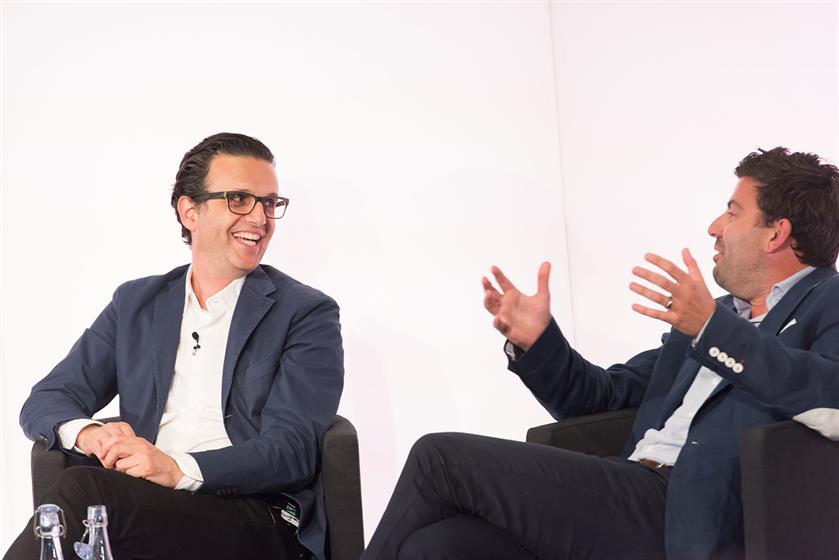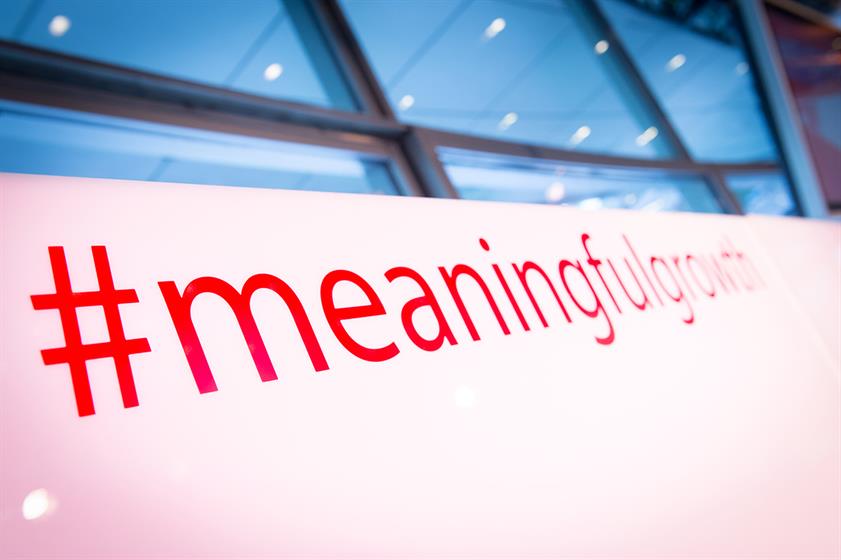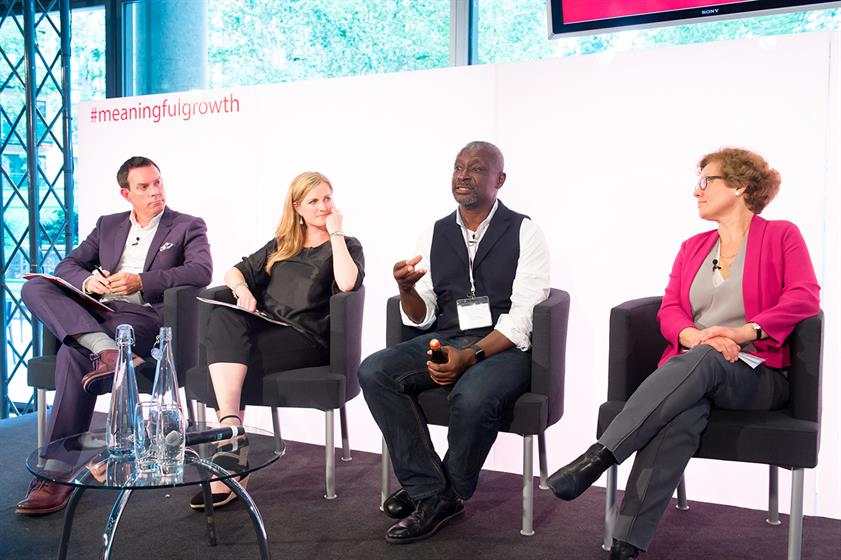More than 130 marketing and business executives from companies including Unilever, Nando’s, Ubisoft, Penguin Random House and Puig gathered at Channel 4’s headquarters last week to explore the importance of creating meaningful relationships with consumers today.
Given the wider industry noise, Havas Media’s Meaningful Brands conference was a timely addition. The event even managed to trend on UK Twitter – a sign of a hot topic or audience engagement or maybe just the marketing fraternity waking up to social media. Or perhaps all three.
Havas Media’s UK chief executive, Paul Frampton, presented results from its latest survey based on interviews with 300,000 people around the world.
He reminded delegates that the stark truth is most people (94 per cent) wouldn’t care if brands disappeared altogether. Some 85 per cent believed brands should play a role in improving quality of life and well-being but they thought only 3 per cent of brands actually achieve this.
Just five brands in the UK survey of 19,500 people were believed to improve their quality of life: Google, Amazon, PayPal, Visa and Samsung. Havas claims that its research is the first global framework to connect human well-being with brands at a business level.
"People are seeking better and more meaningful lives and expect brands to help them get those better lives," Frampton said. "In the past, brands were expected to provide great products and services. Now, there is an expectation they will make things better."
Frampton believed there has been a failure of communication, resulting in the percentage of people in favour of advertising tumbling from 51 per cent to 27 per cent over the past 20 years. He added: "Advertising is a lot more intrusive [today]. We have to be careful and remember we have a responsibility in the way we target people."
This was also a topic explored by Channel 4’s chief executive, David Abraham, and its sales director, Jonathan Allan. Abraham said: "When I got here, there had been a very long period in which we were known as the Big Brother channel and there were some debates about whether Channel 4 was living up to its brand promise – certainly among agencies and, to some extent, viewers.
"To me, the most important thing was to help identify, support and grow a creative team to take the brand to where it is today, which is a far stronger place with more award-winning work and breaking new ground."
Allan said it was important for the media industry not to forget about brands’ wider purposes: "Media, particularly in the sales director role, can get very transactional with procurement, auditors, buying rates. But we think it’s really important you know what you are invested in.
"We are invested in our relationship with our viewer. Being meaningful to our viewer is important to us and adds value to the way we communicate with our platform."
Meanwhile, Alastair Cotterill, the creative strategist at Instagram, emphasised how, if the old digital world had been about disruption and distraction, the new one is more "drop in, add value and drop out". But he warned brands that are trying to adapt to stay true to their world and language to tell the story.





